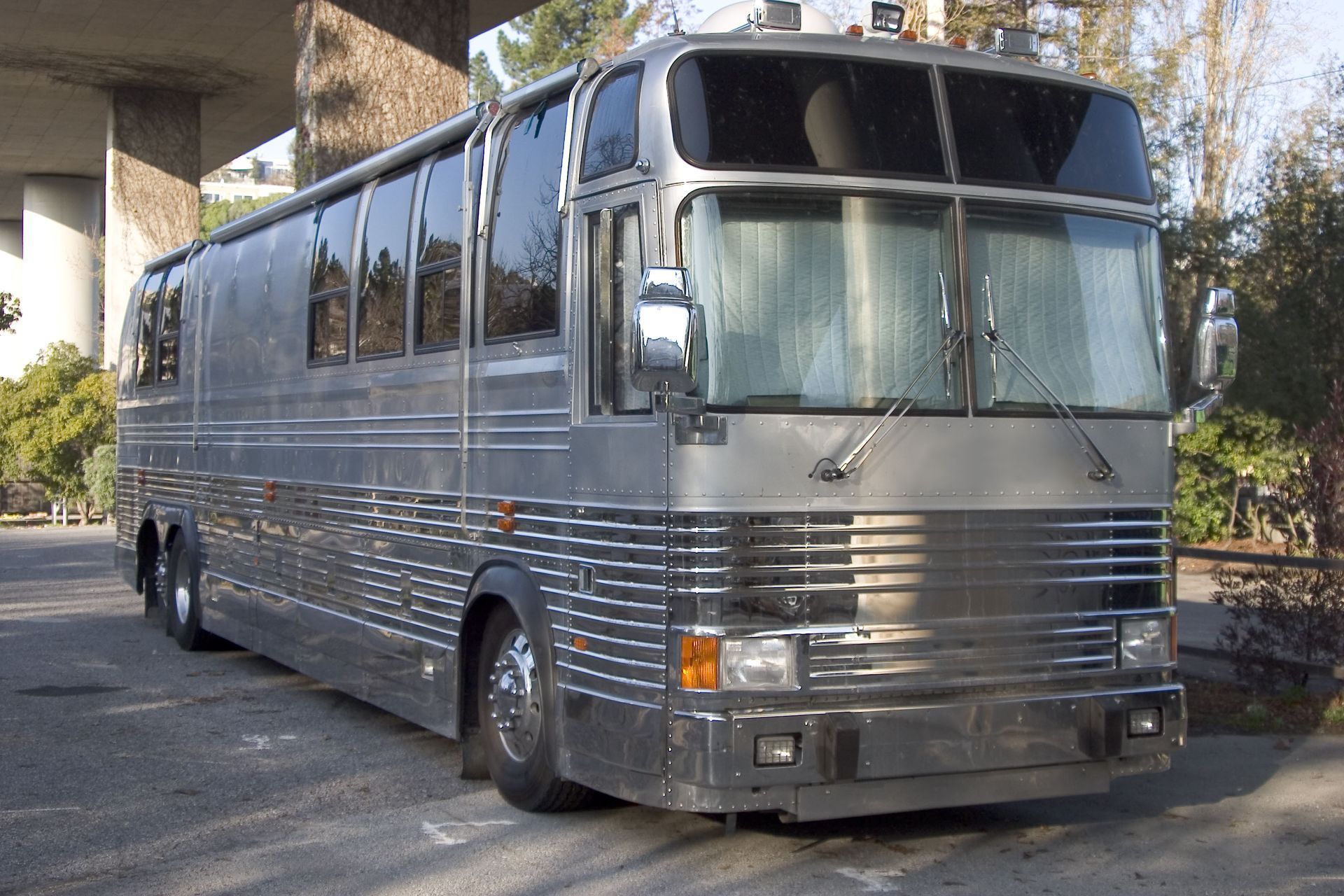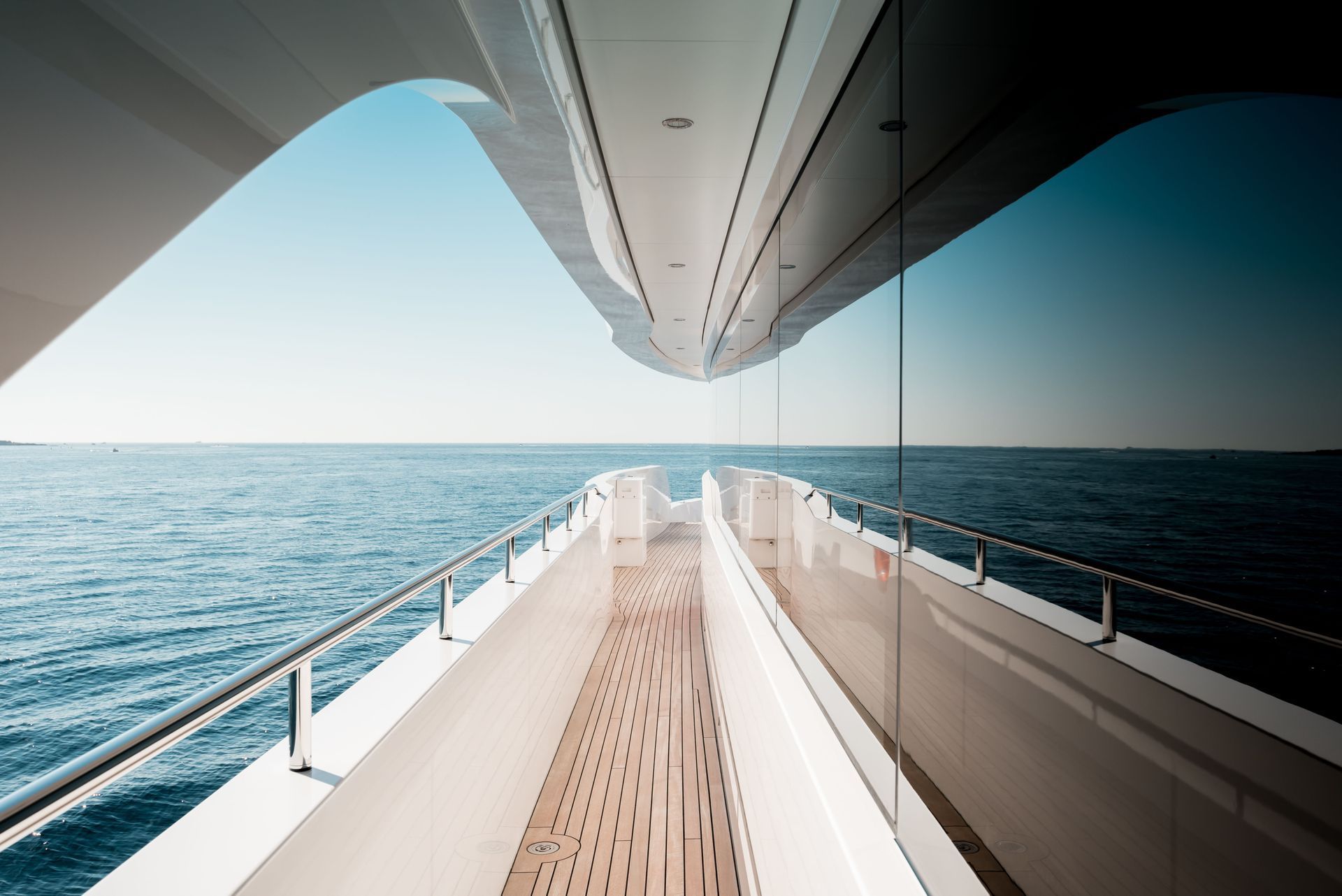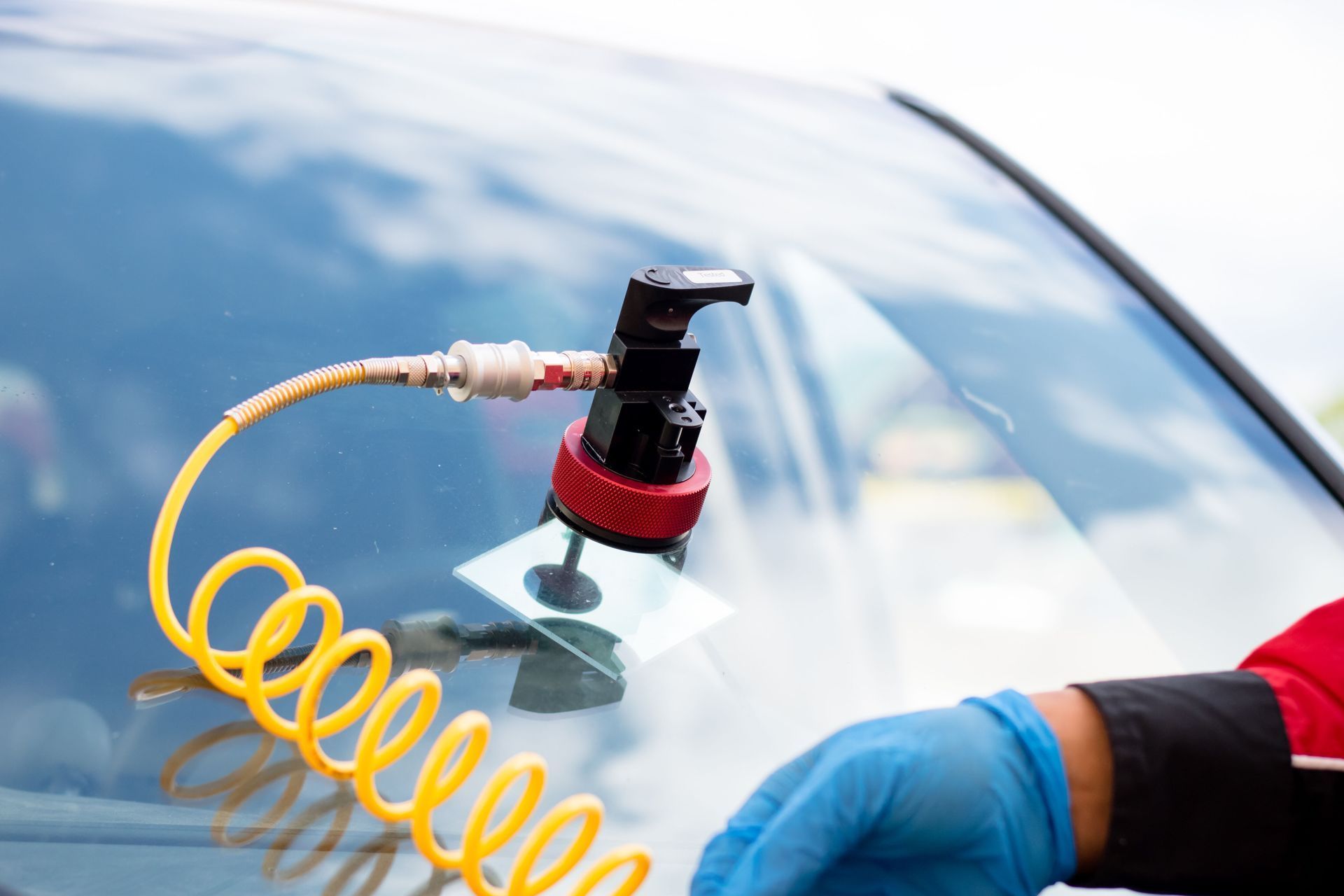Understanding and Preventing the Most Common Types of RV Window Damage
November 15, 2025
November 15, 2025
Highlights:
- RV window damage commonly includes cracks, fogging, seal failure, and shattered glass.
- Extreme weather, road vibration, and aging materials are major causes of RV glass issues.
- Proper inspection and maintenance can prevent costly replacements.
- Specialized RV glass repair services handle both stationary and mobile installations.
- 877 Glas Guy provides professional RV glass repair and replacement in Castle Rock, WA.
Understanding the Most Common Types of RV Window Damage
RV windows endure constant stress from vibration, weather exposure, and movement — making them more susceptible to damage than typical vehicle glass. Cracks, fogging, and seal deterioration are the most common issues owners encounter. These problems can affect visibility, temperature control, and overall safety on the road. According to the RV Industry Association (RVIA) , the number of RVs produced that carry the RVIA seal — which indicates compliance with industry standards and (by implication) better-quality construction — is published monthly. Frequent travel and extreme temperature shifts accelerate wear on seals and glass in older models. Understanding these common forms of damage helps RV owners act early and prevent expensive replacements down the road, ensuring safer and more enjoyable travels no matter the season or destination.Cracked or Chipped Glass
Cracks or chips are often the first visible signs of RV window damage. They usually result from flying debris, stress during travel, or sudden temperature changes. While small chips might seem harmless, they can expand quickly, especially when exposed to heat or vibration. According to the AAA Foundation , road debris was linked to more than 200,000 crashes and about 39,000 injuries in the U.S. over a four-year period—evidence that debris impacts are common and risky, and chips can escalate if ignored. RV owners in Castle Rock, WA, where road debris and temperature shifts are common, should address any cracks immediately to maintain safety and preserve their RV’s appearance.Fogging and Condensation Between Glass Layers
Fogging occurs when moisture infiltrates between double-pane RV windows, creating a cloudy or hazy appearance. This typically happens when the window’s seal fails, allowing air and water to enter. Over time, fogging reduces visibility and can lead to mold or corrosion inside the glass unit. In humid regions or during seasonal changes, fogging becomes more pronounced. According to EnergyStar, once condensation forms between panes, the insulating gas or vacuum is often lost, making the window far less effective at temperature control. Regular inspection and resealing can prevent fogging and preserve interior comfort and energy efficiency throughout your travels.FAQ
Seal Failure and Air Leaks
Seal failure is a common problem that leads to air drafts, water leaks, and reduced insulation. As rubber seals age, they can dry out, crack, or shrink—especially under UV exposure. Once a seal fails, it compromises the window’s performance and can lead to fogging or noise intrusion. Replacing deteriorated window seals not only improves comfort but also helps prevent water damage around the frame. Keeping seals lubricated and protected helps extend their life and maintain cabin efficiency during long road trips or extreme weather.Scratched or Pitted Glass Surfaces
Scratches and pits form when abrasive debris, dust, or harsh cleaning materials contact the glass surface. Over time, these imperfections scatter light and reduce visibility, especially when driving toward sunlight. Pitted glass also weakens structural integrity and may cause glare that affects driver concentration. While some light scratches can be polished, deep pitting usually requires replacement. Routine cleaning with non-abrasive materials and microfiber cloths helps prevent these problems and keeps your RV windows looking new longer, preserving both visibility and the overall appearance of your recreational vehicle. FAQ
Shattered or Impacted Glass
Shattered RV glass is usually the result of major impact, such as hail, debris, or collisions. Most RV windows are made of tempered or laminated glass designed to minimize injury risk when broken. Tempered glass shatters into small, rounded pieces, while laminated glass holds together when cracked. Immediate replacement is essential for safety and structural integrity. Professional RV glass technicians can source exact-fit replacements to match the vehicle’s design. In Castle Rock, WA, mobile services like 877 Glas Guy provide on-site replacements for convenience and safety, minimizing downtime for RV owners.Distortion and Warping
Distorted or warped windows often develop from prolonged heat exposure or incorrect installation. Warping can alter how light passes through the glass, making objects appear bent or uneven. This optical distortion not only affects aesthetics but can also strain the eyes when driving. If distortion becomes severe, replacement is typically the only solution. Checking for proper window fit and even pressure during installation can prevent this issue. Professional installation ensures the correct alignment, reliable sealing, and long-term clarity of RV glass for optimal performance across all driving conditions.FAQ
Preventing Future RV Window Damage
Regular maintenance is key to preventing future RV glass problems. Park in shaded areas to reduce UV exposure, clean windows gently, and inspect seals and frames every season. Keeping an eye on minor chips or condensation can help stop larger problems before they develop. Applying UV protectant to seals and ensuring proper ventilation inside the RV also extends the life of your glass. For those in Castle Rock, WA, working with professionals like 877 Glas Guy guarantees expert inspection, repair, and replacement services to keep your RV safe, comfortable, and travel-ready year-round.Additional Maintenance Considerations
Beyond the glass itself, RV owners should also pay attention to window frames, latches, and awnings. Metal frames can corrode over time, leading to loose fits or rattling windows during travel. Regular lubrication of latches and hinges prevents stiffness, while inspecting awnings and shades helps block UV rays that contribute to glass deterioration. Consistent upkeep not only improves visibility but also adds comfort and longevity to your RV’s living space, ensuring a smoother and more reliable journey across long distances or varying climates.RV window damage is an unavoidable part of road life, but understanding the most common types—cracks, fogging, seal failure, and warping—helps you address them early. Each issue affects safety, comfort, and visibility, making timely maintenance essential. Partnering with trusted experts and adopting proactive care can help prevent costly replacements and ensure your RV remains roadworthy for years to come. With proper upkeep, high-quality materials, and professional service, you can travel confidently knowing your windows will provide lasting clarity, insulation, and protection wherever your next journey takes you—whether across Washington or nationwide.





